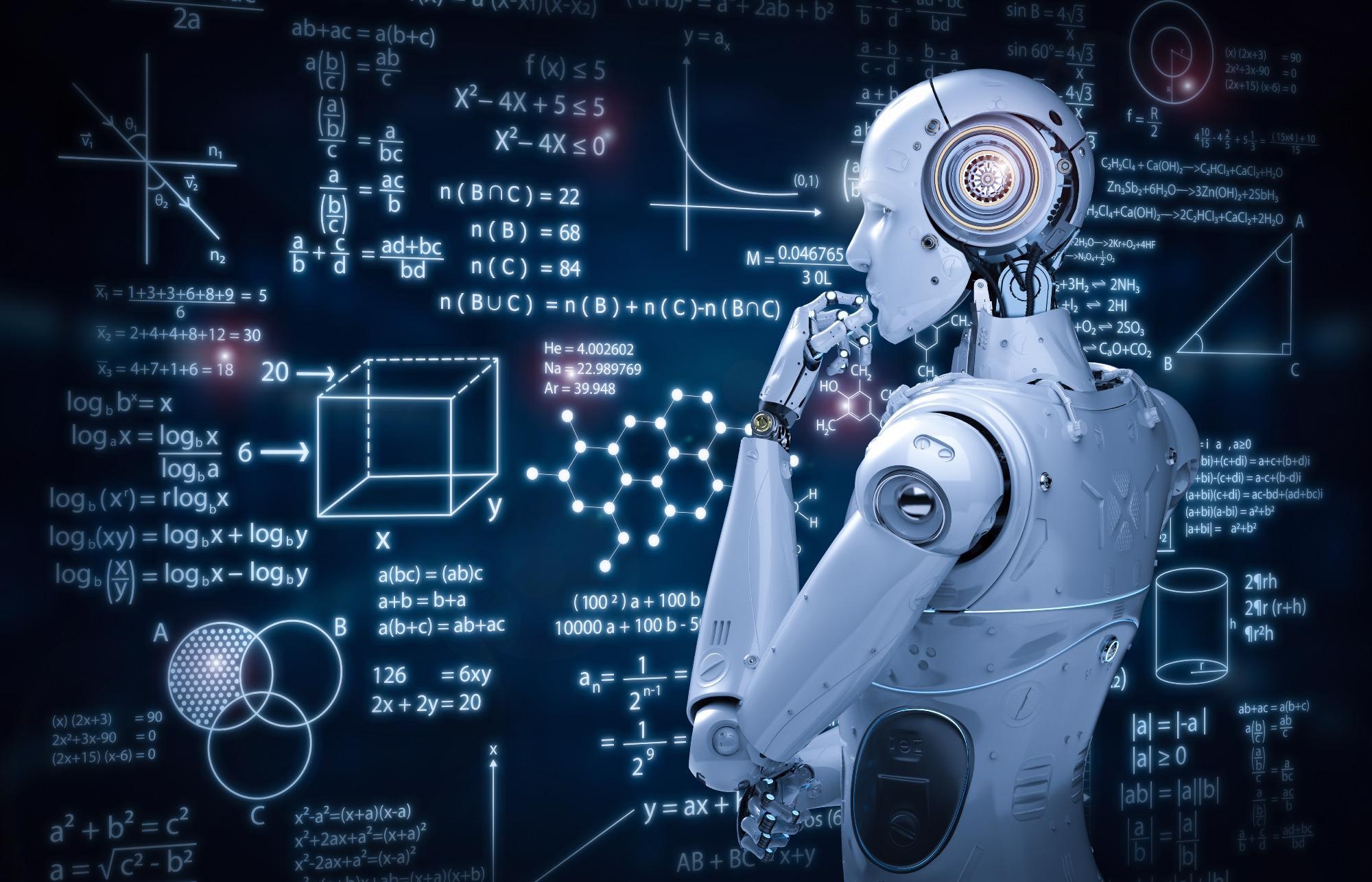
Image Credit: Shutterstock.com/ Phonlamai Photo
However, creating new conjectures and theorems requires a much more nuanced and complex approach which requires intuition, skill and the formation of many complicated but logical steps.
Now, researchers at a UK-based artificial intelligence laboratory, DeepMind, in collaboration with mathematicians at the University of Oxford, UK, and University of Sydney, Australia, respectively, have made a significant breakthrough using machine learning to spot mathematical connections that its human counterparts may otherwise miss.
Into the DeepMind
Fascination with the way humans think and human-based intelligence has long caught the imagination of computer scientists. Human intelligence has shaped the modern world allowing us to learn, create, communicate and develop an understanding of our own self-awareness.
Since 2010, researchers and developers at DeepMind team have been committed to solving intelligence-based problems, developing more general problem-solving systems, known as artificial general intelligence (AGI).
In order to do so, DeepMind (a subsidiary of Alphabet Inc. i.e. Google) takes an interdisciplinary approach that combines machine learning with neuroscience, philosophy, mathematics, engineering, simulation and computing infrastructure.
Already, the company has made significant breakthroughs with its machine learning and AI systems, such as its AlphaGo program which was the first AI to beat a human professional Go player.
Thinking DeepMaths
The work developed by the DeepMind team proposes that mathematicians can benefit from machine learning tools to enhance their intuition where complex mathematical objects and their relationships are concerned.
We propose that this is a natural and empirically productive way that these well-understood techniques in statistics and machine learning can be used as part of a mathematician’s work.
Alex Davies, Machine Learning Specialist and Co-Author of the Study
The project was initially focused on identifying mathematical conjectures and theorems that DeepMind’s technology could wrestle with but ultimately its answers are based on probability as opposed to absolute certainty.
However, when dealing with large sets of data the researchers applied their own intuition that the AI could detect patterns that signal relationships between mathematical objects. Then, the mathematicians could then apply their own conjecture to the nature of these relationships and rigor in an attempt to make them an absolute certainty.
Tied up in Knots
Machine learning requires vast amounts of data in order to effectively train it to bring it up to task. So the researchers used knots as their starting point calculating numerous properties, called invariants, for millions of different knots.
DeepMind’s AI software was provided with the data of the assumed two separate components of knot theory; algebraic and geometric. The team then used the program to seek any relationships between them, including straightforward and complex correlations as well as subtle and unintuitive ones.
The leads, which presented the most promising data, were then passed to human mathematicians for analysis and refinement. While some were shown to be previously established mathematic theorems and conjectures, others were completely new.
The DeepMind team believes that there are many areas of mathematics that could benefit from both its methodology and technology as an effective mechanism that could see the widespread application of machine learning in mathematics and thus strengthen the relationship between the two fields.
References & Further Reading
Davies, A., Veličković, P., Buesing, L. et al. (2021) Advancing mathematics by guiding human intuition with AI. Nature [Online] 600, pp. 70–74 Available at: https://doi.org/10.1038/s41586-021-04086-
Disclaimer: The views expressed here are those of the author expressed in their private capacity and do not necessarily represent the views of AZoM.com Limited T/A AZoNetwork the owner and operator of this website. This disclaimer forms part of the Terms and conditions of use of this website.